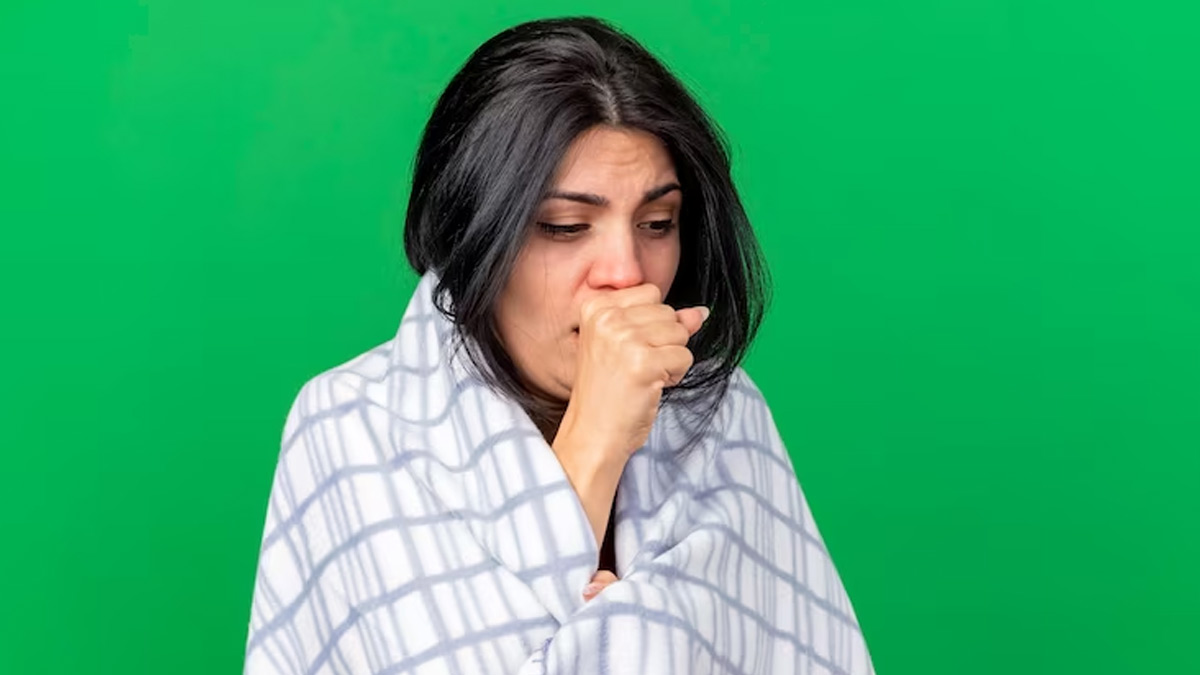
As the grip of flu season takes hold, medical experts are sounding an alarm about a spike in H3N2 cases nationwide. Known for causing severe cough, high fever, and lingering weakness, this viral flu has resulted in a surge in hospitalisation rates, especially among children and the elderly. Physicians advise that, even though the virus is easily transmitted in such close environments as schools, offices, and public transportation, most individuals are still neglecting simple preventive practices that might be the difference between a minor infection and a full-blown health crisis.
Table of Content:-
In an exclusive interaction with the editorial team of Onlymyhealth, our expert, Dr Bhumesh Tyagi, Senior Consultant and General Physician at Sharda Hospital - Noida, explained that by adopting a few conscious habits, you can reduce your chances of contracting and transmitting this infection significantly.
Why H3N2 Prevention Matters
The H3N2 strain is easily transmitted through cough droplets, contaminated surfaces, and close contact, making it highly contagious in high-density environments such as schools, workplaces, and public transportation. Healthy people are likely to recover with rest and treatment, but those in vulnerable populations, such as the elderly, young children, pregnant women, and individuals with pre-existing illness, have a greater risk of developing complications such as pneumonia or exacerbation of their condition.
Also Read: Beyond Blood Pressure: 6 Essential Tests Every Young Indian Should Take for a Healthy Heart

Key H3N2 Prevention Tips
Here are a few prevention tips shared by Dr Tyagi exclusively that you should follow to steer clear of this viral infection:
1. Practice Good Hand Hygiene
Wash your hands often with soap and water for a minimum of 20 seconds. In its absence, use alcohol-based sanitiser. Do not touch your face using unwashed hands.
2. Wear Masks in Public Places
COVID-19 taught us better. Wearing a mask during travel by public transport, in workspaces, or at events lessens the chance of transmission.
3. Practice Respiratory Manners
Cover your mouth and nose while coughing or sneezing using a tissue or your elbow to prevent spreading droplets. Dispose of tissues immediately.
4. Strengthen Immunity
Eat a balanced diet rich in vitamin C, zinc, and antioxidants. Staying hydrated and getting adequate sleep helps your body fight infections better.
5. Avoid Self-Medication
Do not take antibiotics or antivirals without consulting a doctor. Misuse can worsen resistance and delay recovery.
6. Stay Home If Symptomatic
If you have flu-like symptoms like fever, cough, or body pain, stay home and minimise contact with others to avoid transmitting the virus.
Bottomline
H3N2 is a more virulent strain than the common flu, but it can be controlled and prevented with easy lifestyle changes and responsible practices. Being vigilant, building immune strength, and following hygiene practices are your strongest shields against flu viral seasons. Reach out for medical help if you have a persistent fever or any similar symptoms.
FAQs
1. Can the flu vaccine protect against H3N2?
Yes, flu shots given once each year protect against several strains, including H3N2, and can minimise severity and complications.
2. Who is at increased risk of serious H3N2 infection?
Older adults, young children, pregnant women, and individuals with long-term illnesses like asthma, diabetes, or heart disease.
3. How long should a person with H3N2 remain in isolation?
Physicians typically advise isolation for a minimum of five to seven days following the onset of symptoms, or until 24 hours of fever-free time without medication.
Also watch this video
How we keep this article up to date:
We work with experts and keep a close eye on the latest in health and wellness. Whenever there is a new research or helpful information, we update our articles with accurate and useful advice.
Current Version
Sep 22, 2025 11:51 IST
Modified By : Tanya SrivastavaSep 22, 2025 11:51 IST
Published By : Chanchal Sengar